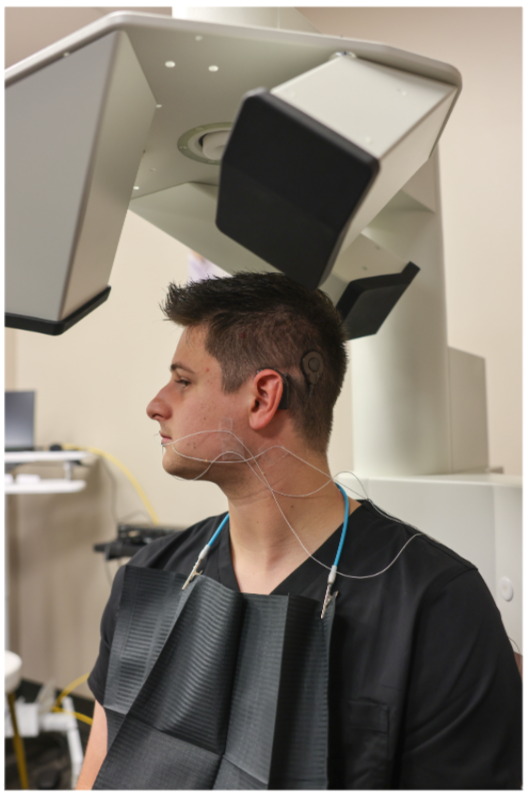By Alaine Jacobs
The school year has started for us here in North Carolina! As I watched my boys enter school for kindergarten and second grade this year, I was struck with the realization that going to school is a small step toward eventually becoming independent adults.
The fact is, we won’t always be available to advocate for our kids. While as a parent advocating for your child is important, teaching kids how to advocate for themselves is more impactful.
As parents we want the best for our kids, which includes eventually becoming independent adults.
The good news is that the needs of adults with hearing loss are becoming more widely understood in the world.
However there will still be situations where your adult children need to ask others to speak facing them or ask for closed captioning at business meetings.
Teaching self-advocacy skills for kids with hearing loss starts as soon as the kids can talk or sign. We started encouraging our kids to speak up for themselves when they were 2 years old!
Since then, it’s been a process of gradually supporting our kids to be more independent in advocating for their own needs, while we wait in the wings in case they need our guidance.
For the parents unsure of how to get started teaching their deaf/ hard of hearing kids self-advocacy skills, I have a list of 5 strategies that helped us teach our kids:
Teach them early vocabulary words (or American Sign Language signs) that help them communicate direct needs—like the words “more,” “all done,” and “yes/no.”
Encourage your kids to order for themselves when out at a restaurant, or buying something in a store.
Give your kids a script of what to say in certain situations at school. Sometimes kids don’t know what to say in the moment and having an already prepared phrase helps them speak up.
If you aren't sure what to advise your child to say, you can borrow these phrases for your kids:
"I'm deaf and I wear cochlear implants/hearing aids. I use them to hear, isn't that cool?!?"
"Just like you wear glasses to see, I wear my cochlear implants/hearing aids to hear."
Or you can create your own phrase that your child would feel comfortable telling inquisitive kids at school who ask about the devices that they are wearing.
Let your kids see you educating others about hearing loss and how their hearing devices work.
If they are older, help them learn how to take apart and put together their own hearing devices as well as name all parts of their devices.
As the school year starts, make sure to talk to your child about how to answer their peers who might have questions about their hearing loss. Also encourage your kid to approach their teacher and ask for what they need in the classroom.
When your child feels empowered to speak up for their own needs, they will become more confident individuals and feel secure in their school environment.
Alaine Jacobs is a blogger and a freelance writer who lives in North Carolina with her husband and three kids. She loves to encourage, educate, and empower moms with kids who have hearing loss. For more information on hearing loss with kids, find Alaine at regularmomblog.com.









Our new public service announcement “Let’s Listen Smart” recognizes that life is loud—and it’s also fun. And the last thing we want to do is stop having fun! We just need to listen responsibly.